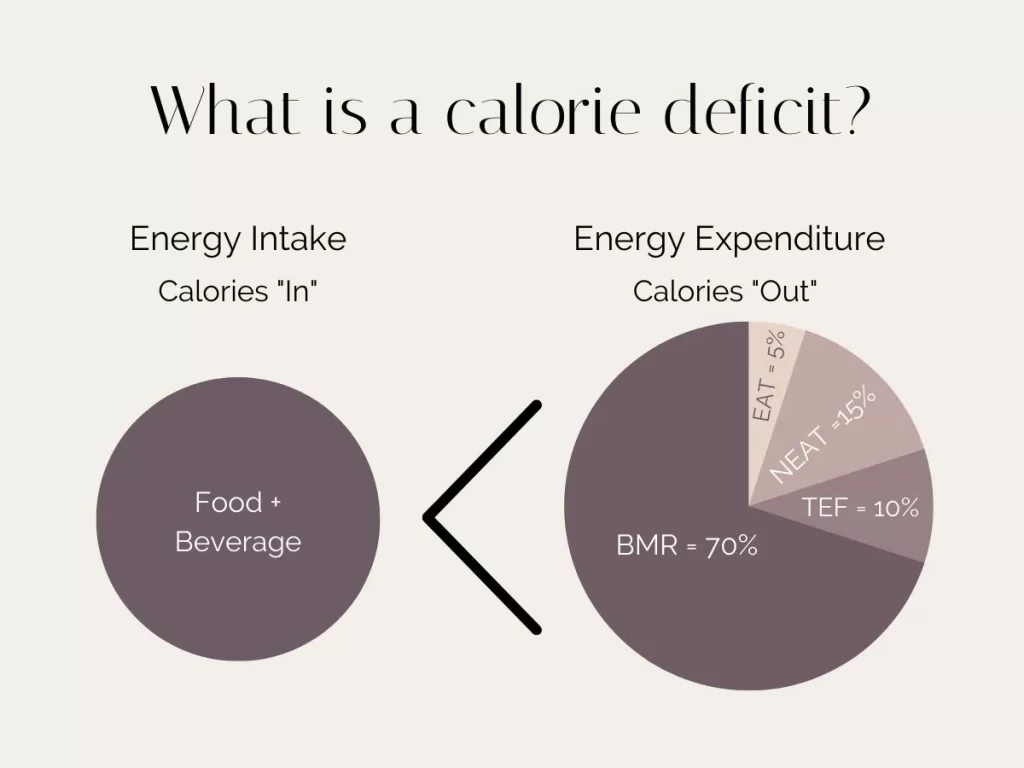Tip 1: Pay Attention to Serving Sizes and Calorie Deficit
One of the most overlooked aspects of weight loss is understanding portion sizes. Many packaged foods may appear to be a single serving but actually contain two or more. This misleads people into consuming more calories than intended. To successfully lose weight, staying in a calorie deficit is essential — this means consistently eating fewer calories than your body burns.
Instead of focusing on cutting calories drastically, opt for high-volume, low-calorie whole foods like fruits, vegetables, and lean proteins. These provide satiety without excessive energy intake. For those looking to improve accuracy with their calorie intake, using portion guides or apps can be beneficial.
If you’re in Nevada and looking for expert help, Parkway Athletic Club offers a comprehensive weight loss program that connects you with certified nutritionists for one-on-one guidance.

Image credit: Stephanie Kay Nutrition
Tip 2: Eat to Stay Full — Combine Protein, Fat, and Fiber
Hunger is one of the top reasons people abandon their diets. A well-rounded meal that includes protein, fat, and fiber helps you stay full longer and reduces cravings. For example, instead of eating a high-carb breakfast sandwich or just a protein shake, build a plate with eggs, turkey bacon, vegetables, and a small portion of sweet potato or fruit.
Protein is essential for maintaining muscle and regulating appetite. Fats help with satiety, and fiber supports digestion and slows down the absorption of nutrients. The goal is to feel full for four to five hours between meals, not to constantly snack throughout the day.
Tip 3: Fuel Before and After Workouts
Pre-workout and post-workout meals can make or break your energy levels and recovery. Skipping meals before exercising often leads to mid-session fatigue. A small snack combining protein and complex carbs — like a hard-boiled egg with fruit or a shake with nut butter — can provide stable energy.
Post-workout, your body is primed to absorb nutrients. This is the ideal time for your largest, most nutrient-dense meal of the day. Aim for 30–40 grams of protein, quality fats, and complex carbs. A well-rounded breakfast after your workout could include egg whites, one whole egg, turkey bacon, vegetables, and a small sweet potato.
Not sure how much protein you should be eating daily? Use this helpful protein calculator to determine your optimal intake based on your body and activity level.
Make Your Weight Loss Sustainable
Crash diets, extreme fasting, and unsatisfying meals often lead to frustration, hunger, and rebound weight gain. The better approach is sustainable, nutrient-dense eating that keeps you energized and satisfied throughout the day. Remember, it’s not just about eating less — it’s about eating smarter. When your meals provide the right balance of nutrients, your cravings naturally decrease, and energy levels rise.
To take the guesswork out of your nutrition, consider working with a professional. If you’re located in Nevada, check out Parkway Athletic Club’s Nutrition Program for expert help tailored to your needs and goals.
Video Summary
To learn more about nutrition, fitness, and health from professionals and experts, visit our channel and subscribe: https://www.youtube.com/@Vitality-and-Wellness



